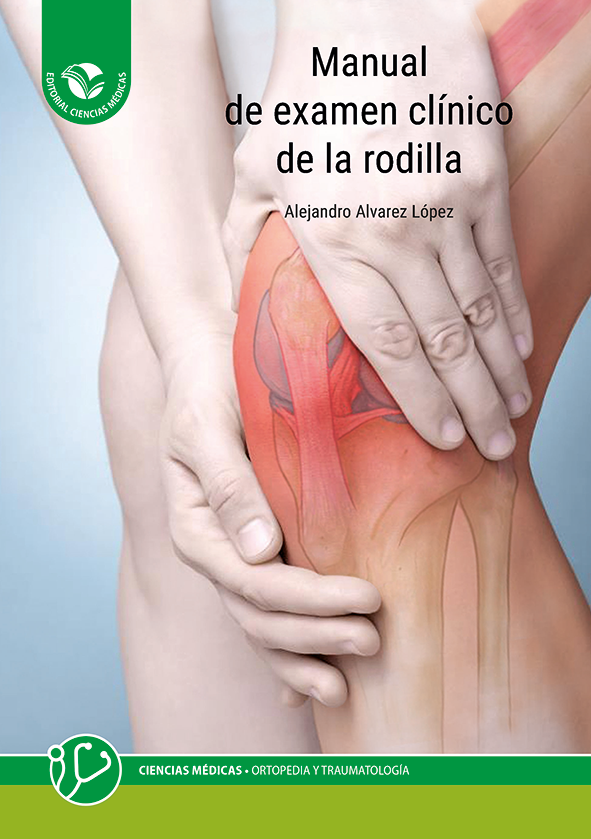Somatic Mutations in UBA1 and Severe Adult-Onset Autoinflammatory Disease
- Inicie sesión o regístrese para enviar comentarios
 Abstract
Abstract
Background
Adult-onset inflammatory syndromes often manifest with overlapping clinical features. Variants in ubiquitin-related genes, previously implicated in autoinflammatory disease, may define new disorders.
Methods
We analyzed peripheral-blood exome sequence data independent of clinical phenotype and inheritance pattern to identify deleterious mutations in ubiquitin-related genes. Sanger sequencing, immunoblotting, immunohistochemical testing, flow cytometry, and transcriptome and cytokine profiling were performed. CRISPR-Cas9–edited zebrafish were used as an in vivo model to assess gene function.
Results
We identified 25 men with somatic mutations affecting methionine-41 (p.Met41) in UBA1, the major E1 enzyme that initiates ubiquitylation. (The gene UBA1 lies on the X chromosome.) In such patients, an often fatal, treatment-refractory inflammatory syndrome develops in late adulthood, with fevers, cytopenias, characteristic vacuoles in myeloid and erythroid precursor cells, dysplastic bone marrow, neutrophilic cutaneous and pulmonary inflammation, chondritis, and vasculitis. Most of these 25 patients met clinical criteria for an inflammatory syndrome (relapsing polychondritis, Sweet’s syndrome, polyarteritis nodosa, or giant-cell arteritis) or a hematologic condition (myelodysplastic syndrome or multiple myeloma) or both. Mutations were found in more than half the hematopoietic stem cells, including peripheral-blood myeloid cells but not lymphocytes or fibroblasts. Mutations affecting p.Met41 resulted in loss of the canonical cytoplasmic isoform of UBA1 and in expression of a novel, catalytically impaired isoform initiated at p.Met67. Mutant peripheral-blood cells showed decreased ubiquitylation and activated innate immune pathways. Knockout of the cytoplasmic UBA1 isoform homologue in zebrafish caused systemic inflammation.
Conclusions
Using a genotype-driven approach, we identified a disorder that connects seemingly unrelated adult-onset inflammatory syndromes. We named this disorder the VEXAS (vacuoles, E1 enzyme, X-linked, autoinflammatory, somatic) syndrome. (Funded by the NIH Intramural Research Programs and the EU Horizon 2020 Research and Innovation Program.)
Redes sociales
Inicio de sesión
Quién está en línea
Próximos cursos
Eventos científicos 2022-2024
Audiovisuales
Caso clínico: Índice de Rodnan en la valoración cutánea de la esclerosis sistémica
Introducción a las guías PANLAR: arteritis de Takayasu
Introducción a las guías PANLAR: espondiloartritis axial
31 de mayo: Día de la reumatología panamericana (PANLAR)
Manifestaciones clíncas más allá del ESSDAI
Infomed 2.0: Reumatología
|
|
|
|
|
Sem del 9 al 15 de Dic de 2019 Jornada Nacional de Reumatología Reuma-CIMEQ 2019 |
Enfermedades reumáticas en imágenes
Búsqueda por categorías
Publicado: 27 de mayo de 2005
Actualizado: 23 de octubre de 2025
























